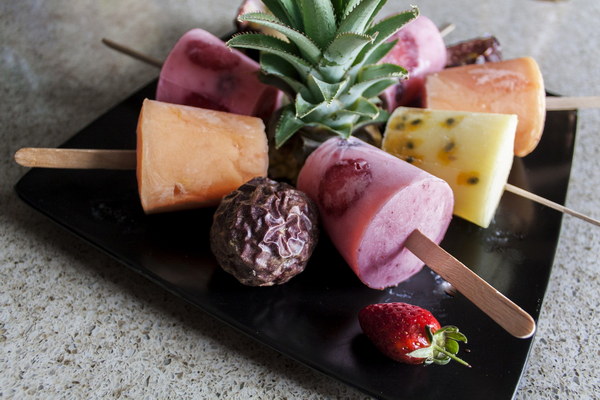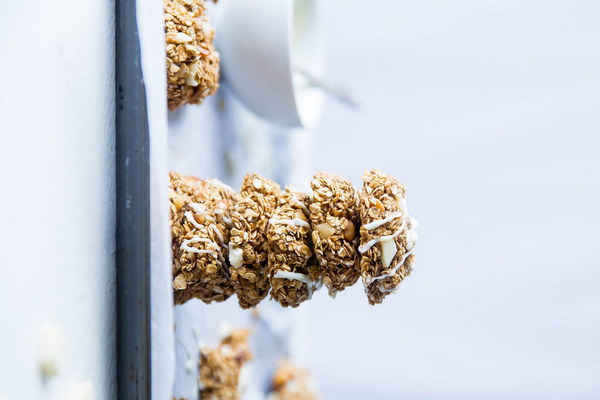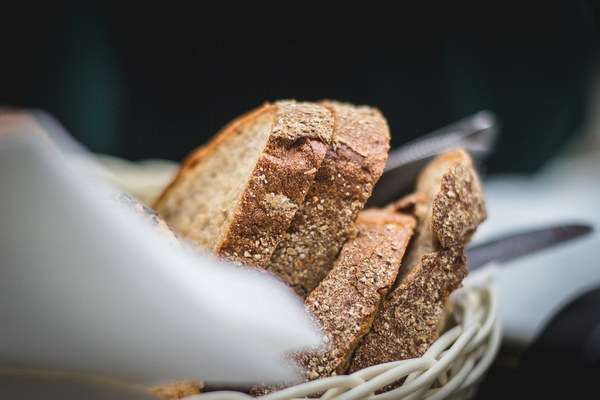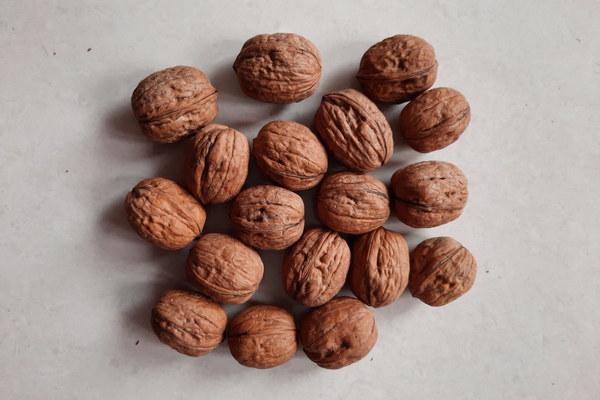Is Chili or Sichuan Pepper More Effective for Dampness Removal
In the realm of traditional Chinese medicine, the concept of dampness is a common ailment that can lead to various health issues. Dampness is often characterized by symptoms such as fatigue, weight gain, and poor digestion. To combat this, many turn to natural remedies, with chili and Sichuan pepper being two popular spices known for their potential dampness-relieving properties. But which one is more effective? Let's explore the differences between chili and Sichuan pepper in terms of dampness removal.
Chili: A Spicy Dampness Remover
Chili, also known as chili pepper, has been used for centuries in traditional Chinese medicine. It is believed to have a warming effect on the body, which can help expel dampness. The capsaicin in chili, a compound responsible for its spiciness, is thought to stimulate the circulation of blood and energy (Qi) within the body, thus aiding in the removal of dampness.

In addition to its dampness-relieving properties, chili is also known for its anti-inflammatory and analgesic effects. This makes it a popular spice in culinary practices worldwide, where it adds both flavor and health benefits to dishes.
However, it is essential to note that while chili can help alleviate dampness, excessive consumption may lead to other health issues, such as stomach ulcers or increased heart rate. Therefore, moderation is key when incorporating chili into your diet as a dampness remover.
Sichuan Pepper: The Dampness-Relieving Spice of Sichuan Cuisine
Sichuan pepper, also known as Sichuan peppercorn, is another spice that is commonly used in traditional Chinese medicine for dampness removal. Unlike chili, Sichuan pepper does not have a spicy taste but instead produces a unique tingling sensation on the tongue, often referred to as Ma La.
The active compounds in Sichuan pepper, known as hydroxybenzoic acid and hydroxycinnamic acid, are believed to improve digestion and help break down dampness in the body. This spice is also known for its analgesic and anti-inflammatory properties, making it a valuable addition to the dampness-relieving arsenal.
In Sichuan cuisine, Sichuan pepper is used to create the famous Ma La flavor, which is a combination of spiciness and numbing sensation. This flavor profile is not only delightful but also thought to help remove dampness and improve circulation.
Which Spice is More Effective for Dampness Removal?
Determining whether chili or Sichuan pepper is more effective for dampness removal can be challenging, as both have their unique properties and benefits. However, some factors may help you decide which spice is more suitable for your needs.
1. Taste Preference: If you enjoy spicy food, chili may be the better choice for you. On the other hand, if you prefer a numbing sensation, Sichuan pepper is the way to go.
2. Dampness Symptoms: Depending on the specific symptoms you are experiencing, one spice may be more beneficial than the other. For instance, if you are experiencing joint pain or muscle aches, Sichuan pepper's analgesic properties might be more effective.
3. Dietary Restrictions: If you have any dietary restrictions or health conditions that prevent you from consuming chili, Sichuan pepper can be a suitable alternative.
In conclusion, both chili and Sichuan pepper have their own unique properties that can help alleviate dampness. The choice between the two ultimately depends on your personal preferences, specific symptoms, and dietary needs. Incorporating either of these spices into your diet can be a delightful way to promote health and well-being while tackling dampness-related issues.









